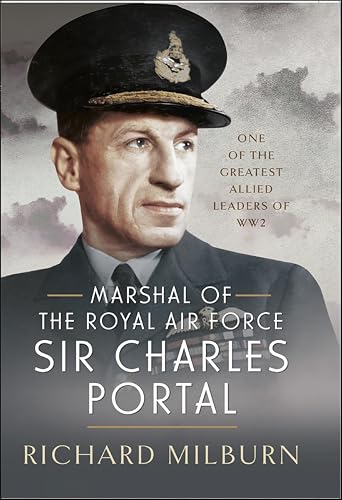
The RAF and Tribal Control
by Richard D. Newton
"Airpower and Irregular Warfare between the World Wars"
Popularity
3.52 / 5
* A book's popularity is determined by how it compares to all other books on this website.
Where to buy?
Buy from Amazon* If you buy this book through the link above, we may receive a small commission at no extra cost to you.
The RAF and Tribal Control by Richard D. Newton
Details
Perspective:
Commanders
Military Unit:
Royal Air Force
True Story:
Yes
Biography:
No
Region:
Middle East
Page Count:
264
Published Date:
2019
ISBN13:
9780700628711
Description
Brief Summary
The RAF and Tribal Control by Richard D. Newton is a compelling examination of the crucial role played by the Royal Air Force (RAF) special service officers in managing tribal regions during the interwar period. The book challenges the conventional belief that airpower alone was responsible for controlling restive colonial areas. Instead, it highlights how the integration of airmen on the ground, who cultivated relationships with local tribes and gathered intelligence, was essential to the RAF's success. Newton’s work sheds light on these often-overlooked airmen and their integral contributions to the effectiveness of airpower in unconventional warfare.
Main Themes and Topics
The central theme of the book is the indispensable role of human intelligence and cultural understanding in air warfare, particularly in irregular conflicts. Richard D. Newton emphasizes that the RAF's control strategy relied not just on advanced aerial technology but also on the presence and activities of airmen who interacted directly with local populations. This approach contrasts with the purely technological focus of air strikes, underscoring how critical ground-based personnel were in assessing the qualitative effects of air operations and ensuring effective communication between the colonial administration and indigenous people.
Writing Style and Tone
Newton’s writing style is both scholarly and accessible, making complex military strategies and historical events comprehensible to a broad audience. His tone is analytical yet engaging, as he presents a nuanced perspective that encourages readers to reconsider widely held assumptions about airpower's effectiveness. By weaving in previously unpublished insights and personal stories of the RAF special service officers, Newton enriches the narrative, offering a well-rounded depiction of this era of military history.
Criticism
While The RAF and Tribal Control provides a detailed account of the RAF's operations and the role of its special service officers, some readers may find the focus on military strategies and historical details overwhelming. Certain sections could benefit from additional context or examples to help readers unfamiliar with the subject matter fully grasp the significance of the RAF’s strategies. Nevertheless, the book’s depth of research is commendable and offers a vital contribution to the understanding of airpower in irregular warfare.









